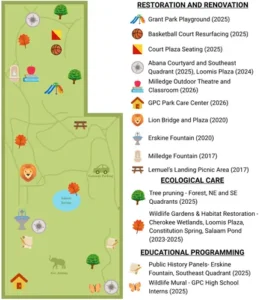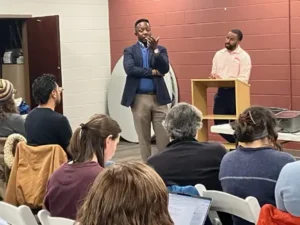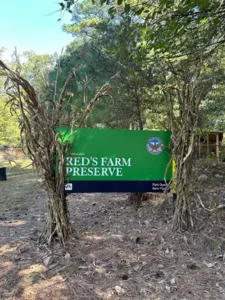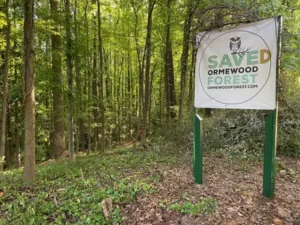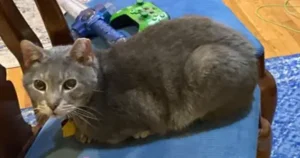By Paul Bolster
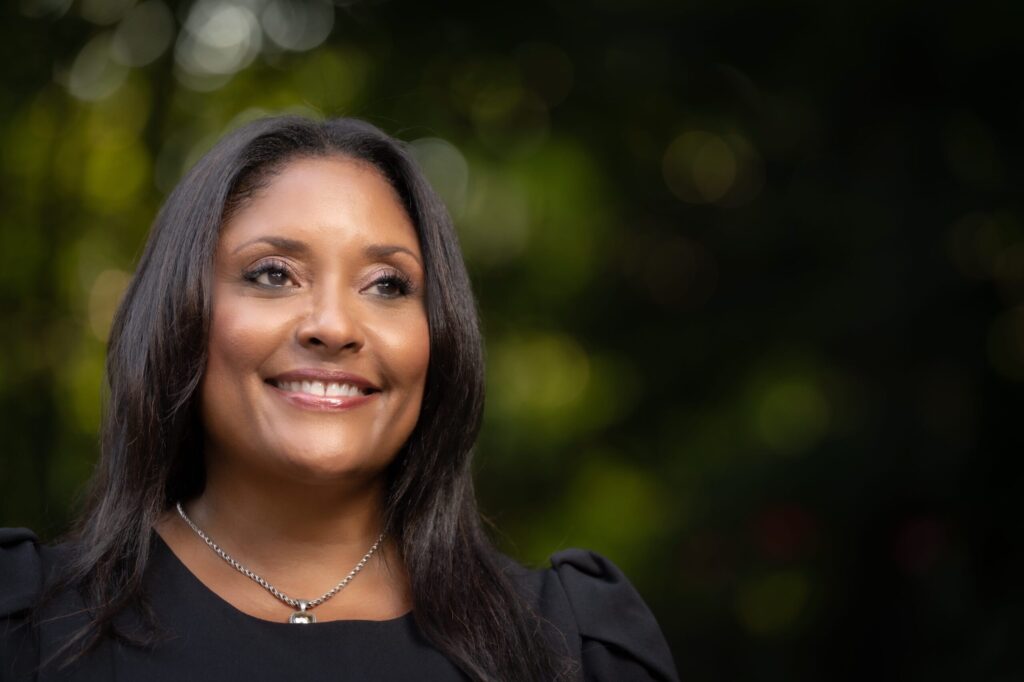
There are currently two announced candidates to replace City Council President Doug Shipman, who is not running for re-election due to family health reasons. For the last issue we interviewed Rohit Malhotra and for this issue we sat down with Councilwoman Marci Collier Overstreet. Qualifying for a place on the ballot will take place between August 19 and 22. The general election for all city posts will be held on November 4. SE Atlanta Neighbors Take Action will be inviting all candidates for this position to participate in a forum following the close of qualifying.
Overstreet is giving up the District 11 seat which she has held for eight years to run citywide. She has enjoyed representing the southwest-Atlanta district but feels as president of the Council she can carry on the spirit and vision that has developed among members over the last four years. “The Council Members,” she says, “need to have a strong relationship with the president. It is not authority but empathy that matters. Many of the current members have asked me to run and I think I can keep the rapport that has developed between members going in the next term.”
Overstreet is an Atlanta native who attended Atlanta Public Schools and has a journalism degree from Georgia State University. She has a strong connection to the medical community. Her father is a doctor, as is her husband.
Here are some of the issues discussed in the interview:
Zoning 2.0. The Council is expecting to consider the rewrite of the city’s zoning code. Overstreet, who chaired the council’s zoning committee for two years, supports the “modernization” of the code which has been vetted by the Planning Department for the last two years. She is pleased it has been reviewed by the NPUs. “The current code is too complicated for regular residents.” She believes in “striking a balance between growth and the protection of the uniqueness of communities.”
Sidewalks. She authored legislation for the sidewalk survey which has been conducted throughout the whole city. “It focused attention on the areas lacking sidewalks and the idea [that] sidewalks need to be taking you somewhere.” The new plan has a destination strategy for the investment.
Rail on the BeltLine. She wants the BeltLine to have a transportation function beyond walking and biking but is not sure about the most efficient vehicle to carry out that function. She is concerned that light rail may be too expensive. “There seems to be a lack of executive direction on how to get this done.” Regarding the East Side project: Overstreet doesn’t believe it was planned, financed, or ready to move forward.
Economic Mobility. There are parts of the city that are “food deserts” and “health deserts.” She is proud of the work she has done to bring fresh food and grocery stores to undeserved parts of the city. “Twenty five percent of the City lacks a quality grocery store. I worked with Invest Atlanta to create a fund they can use to incentivize the development of grocery stores where they are lacking.” This led to the development of a new store on Campbellton Road in an undeserved part of her 11th Council district. She worked to slow the development of “small box” stores like Dollar Tree and Dollar General “which were buying up all the land suitable for larger stores.”
Project Development. Overstreet expressed disappointment at the pace of project implementation. The audit process is providing the City Council with helpful information and the recent budget gives the executive branch more funds for project managers. She is very unhappy with the Council’s relationship with MARTA, which will not talk directly to Council committees. She believes legislation should make the Council a part of the Intergovernmental Agreement with MARTA so it can more effectively perform its oversight responsibilities.
Fulton County. The city is putting large dollars into social services which should be done by the county government. “The county has a larger tax base than the city and it ought to be doing more on human services.” Overstreet is also unhappy with the Fulton County Tax Assessors’ valuation of commercial property, which limits the city to deliver the services and education people need.
Tree Ordinance. “Lots of people are unhappy on both sides of the ‘issue too strong/not strong enough’ [divide]. Maybe that means we got the right balance between the human needs for housing and the need to protect our environment,” she said.
Voter Turnout. Overstreet is concerned several parts of the city have very few voters turning out to vote. She cited a healthcare group which believes the lack of healthcare facilities is a strong correlation to low voter participation. “I am looking for answers and my campaign will work on this.”

